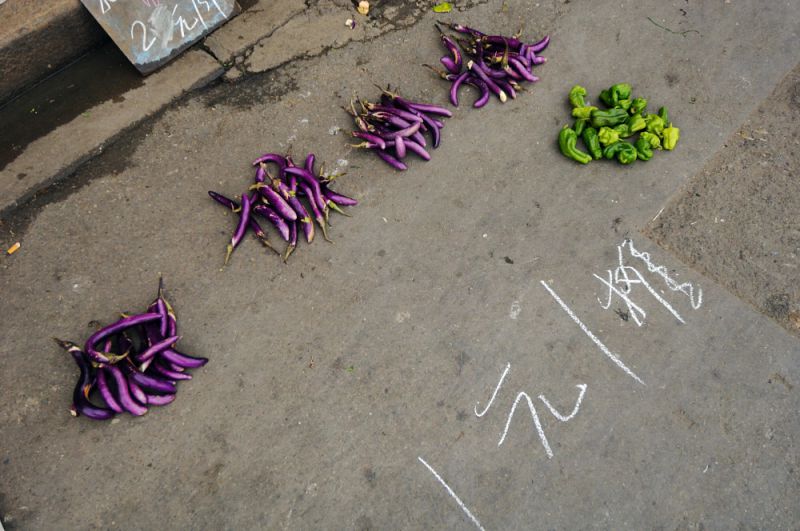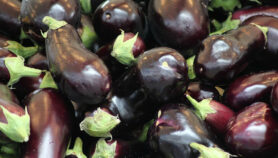Send to a friend
The details you provide on this page will not be used to send unsolicited email, and will not be sold to a 3rd party. See privacy policy.
[MANILA] On 26 July, the Philippine Supreme Court reversed its December 2015 decision to stop the field testing, propagation, commercialisation and importation of genetically modified (GM) foods, including the controversial Bacillus thuringiensis (Bt) eggplant.
The reversal raises several questions: Will the GM eggplant soon be available on the market? How does this affect food labelling of GM foods? And how does the high court’s vacillation affect the morale of local scientists?
Saturnina Halos, chair of the Department of Agriculture’s biotechnology advisory team, clarifies that “the availability of the GM eggplant will depend on whether the University of the Philippines Los Baños has undertaken all the necessary studies to submit data on these considerations”.
There’s no substantial difference between genetically engineered and conventionally bred food crops.
Peter Davies, Cornell University
She notes the GM eggplant has yet to undergo another review process under the new regulatory scheme where the Department of Environment and Natural Resources and the Department of Health are active participants.
For Peter Davies, international professor of plant biology at Cornell University in the US, no labelling is needed “as every reputable scientific body worldwide has declared there’s no substantial difference between genetically engineered and conventionally bred food crops”.
“However, it is my opinion that as Bt eggplant is healthier for the customer, being free of pesticides, and for the farmers who no longer need to spray pesticides daily, a label such as ‘wonderful pesticide-free talong (eggplant)’ would be appropriate,” Davies says.
Davies believes “the reversal is a great morale booster for plant scientists worldwide, especially in the Philippines, as it justifies their efforts to produce healthier pesticide-free food for consumers while improving the livelihood of farmers and the environment in which they work”.
Halos, however, also sees the downside of the recent turn of events: “Many scientists feel they wasted emotional investment in the case. They feel good about the reversal yet they find the case to be a waste of effort and time.”
Halos points out: “Unfortunately, the temporary invalidation of this order led to the suspension of imports of food and feed ingredients, as well as GM maize seed. The economic cost of the temporary invalidation may be reflected during Christmas as it will lead to increased costs of pork and poultry.”
This piece was produced by SciDev.Net’s South-East Asia & Pacific desk.
This article was made possible with support from Monsanto.














